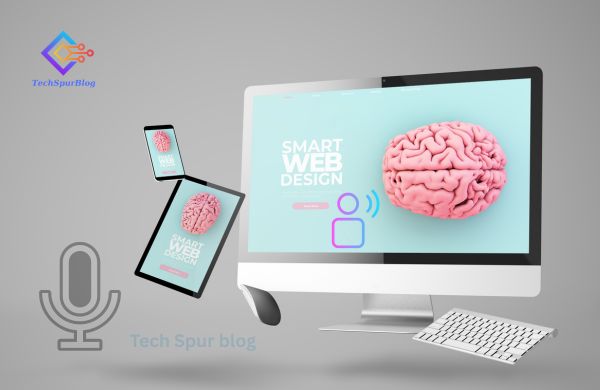WordPress, the behemoth of the content management system (CMS) world, powers over 43% of all websites on the internet. But in the ever-evolving landscape of web development, what does the future hold for this popular platform?. Let’s delve into the exciting trends and innovations shaping the future of WordPress development.
Headless WordPress: Flexibility and Freedom Reign Supreme
Traditional WordPress sites have a monolithic architecture, where the front-end and back-end are tightly coupled.
However, “headless WordPress” is changing the game. This decoupled approach separates the content management system (CMS) on the back-end from the presentation layer on the front-end.
This unlocks a treasure trove of benefits:
Unmatched Flexibility: Developers are no longer confined to WordPress themes. They can leverage any front-end framework (React, Vue.js, etc.) to build bespoke user interfaces, catering to unique project requirements.
Enhanced Scalability: Headless architectures handle high traffic effortlessly as the front-end scales independently from the content-rich back-end.
API-First Approach: Content becomes accessible through the REST API, enabling seamless integration with various applications and devices, fostering a truly omnichannel experience.
Also Read: WordPress Image Optimization: Best Practices and Tools
E-commerce Flourishes: A Shopping Paradise Built on WordPress
WordPress has emerged as a powerful e-commerce platform, thanks to plugins like WooCommerce. But the future promises even more:
Personalized Shopping Experiences: AI-powered product recommendations and targeted marketing will customize the shopping journey for each user.
Frictionless Transactions: Advanced payment gateways and one-click checkout options will streamline the buying process.
Content-Driven Commerce: Engaging blog posts, tutorials, and reviews will seamlessly blend with product listings, fostering trust and driving sales.
AI Integration: From Robots to Renaissance
Artificial intelligence is poised to revolutionize website creation and management:
Smart Content Creation: AI assistants will suggest content ideas, optimize headlines, and even generate drafts, saving creators time and effort.
Personalized User Experiences: AI can tailor website content and recommendations based on individual user preferences and behavior, boosting engagement.
Automated Tasks: AI-powered tools can handle mundane tasks like image optimization, security scans, and SEO audits, freeing developers for more creative pursuits.
Progressive Web Apps (PWAs): Bridging the Gap Between Web and App
PWAs offer the best of both worlds: they function like native apps with offline capabilities and push notifications, yet they retain the accessibility and discoverability of websites.
WordPress is embracing PWAs, allowing developers to:
Boost User Engagement: PWAs provide a more app-like experience, increasing user engagement and time spent on site.
Improved Conversions: Offline access ensures users can complete actions even without an internet connection.
Enhanced Search Ranking: Google prioritizes PWAs in search results, boosting discoverability.
Also Read: Essential Plugins Every WordPress Website Needs
Voice Search Optimization: Speak Up, WordPress is Listening
With the rise of voice assistants like Alexa and Siri, optimizing websites for voice search is crucial. WordPress Development will evolve to:
Structure Content for Voice Assistants: Headings, subheadings, and bullet points will be emphasized for better comprehension by voice search algorithms.
Focus on Long-tail Keywords: Users tend to ask longer, more specific questions in voice searches, and WordPress will prioritize content that caters to these queries.
Integrate Voice Search Plugins: Dedicated plugins will help analyze and optimize content for voice search, ensuring your website is visible in this new era.
The Block Editor Revolution: Building Websites Like Lego Bricks
The Gutenberg block editor has fundamentally changed website creation in WordPress. This intuitive drag-and-drop interface will see further enhancements:
New Block Types: More pre-built blocks will be introduced, providing even greater flexibility and design possibilities.
Advanced Blocks: Blocks will become more dynamic, allowing for conditional content, calculations, and other advanced functionalities.
Third-Party Block Ecosystem: The development of custom blocks by third parties will flourish, offering a vast array of specialized functionalities.
Built-in Security Features: WordPress core will continue to be hardened with advanced security measures to prevent vulnerabilities.
Two-Factor Authentication: This extra layer of protection will become standard for user accounts, safeguarding sensitive data.
AI-Powered Threat Detection: Machine learning algorithms will identify and mitigate security threats in real-time, keeping your website safe.
Also Read: Drupal Development Trends 2024: What You Need to Know
Conclusion
Remember, this is just a glimpse into the dynamic future of WordPress Development. Stay tuned for exciting developments as the platform continues to evolve and empower creators worldwide!

















